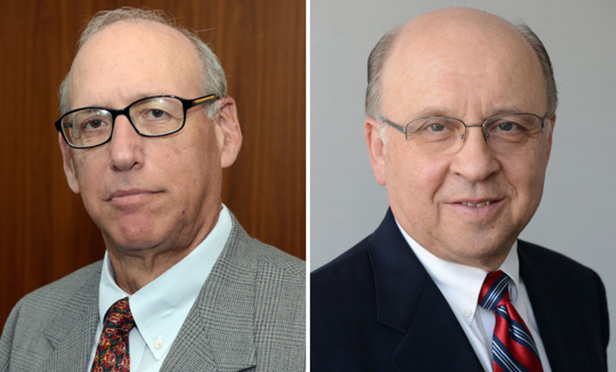Anyone spending 10 minutes on the Internet reading content is often assaulted by angry and coarse language supporting frequently outrageous opinions. The First Amendment concepts of free speech have reached either new highs, or discouraging lows, when dealing with opinions and blogs on the Internet. In this unrestricted environment, can individuals or businesses protect their reputations?
Prof. Lyrissa Barnett Lidsky has noted in the Duke Law Journal that the poor grammar, caterwauling, hyperbole, and frequent name-calling associated with anonymous Internet posts has created a “First Amendment doctrine” that “cannot hold John Does to the standards of … factual accuracy, because part of what gives the Internet such widespread appeal is the fact that it allows ordinary citizens to have informational conversations about issues of public concern.” In the same vein, the Electronic Frontier Foundation, a think-tank that advocates for increasing privacy protections in all areas of online life, has noted that anonymity when speaking online serves the public and private good in a multitude of ways, from preventing retribution, to permitting inquiry of topics verboten in public or amongst “polite company.”
This content has been archived. It is available through our partners, LexisNexis® and Bloomberg Law.
To view this content, please continue to their sites.
Not a Lexis Subscriber?
Subscribe Now
Not a Bloomberg Law Subscriber?
Subscribe Now
LexisNexis® and Bloomberg Law are third party online distributors of the broad collection of current and archived versions of ALM's legal news publications. LexisNexis® and Bloomberg Law customers are able to access and use ALM's content, including content from the National Law Journal, The American Lawyer, Legaltech News, The New York Law Journal, and Corporate Counsel, as well as other sources of legal information.
For questions call 1-877-256-2472 or contact us at [email protected]



